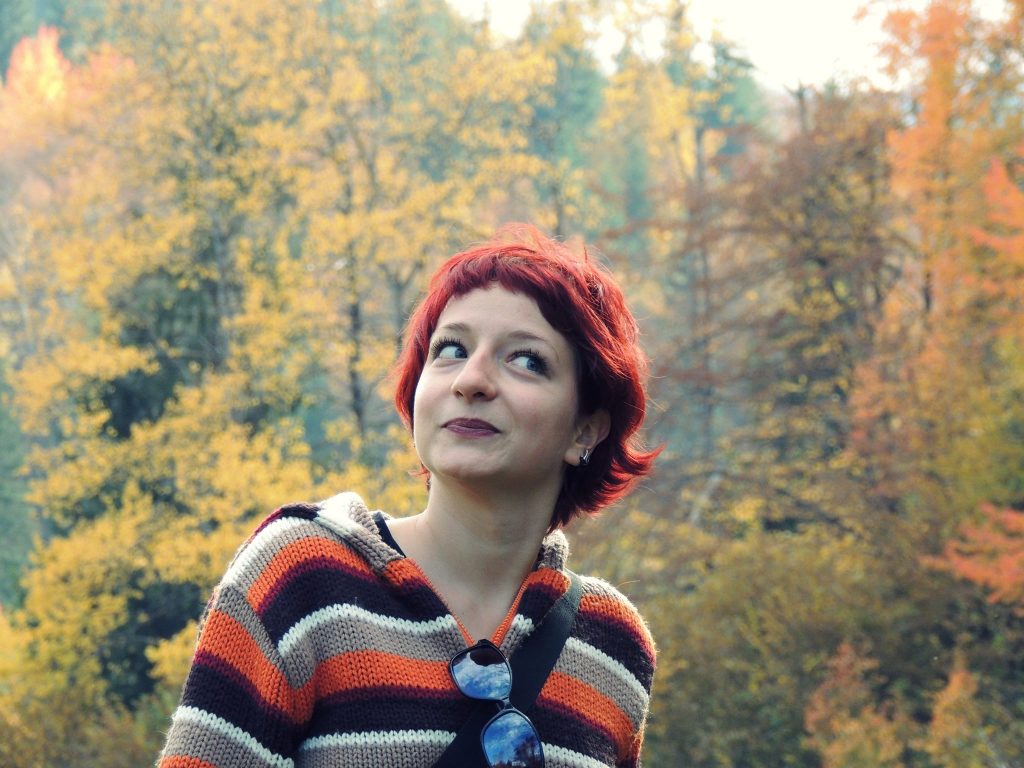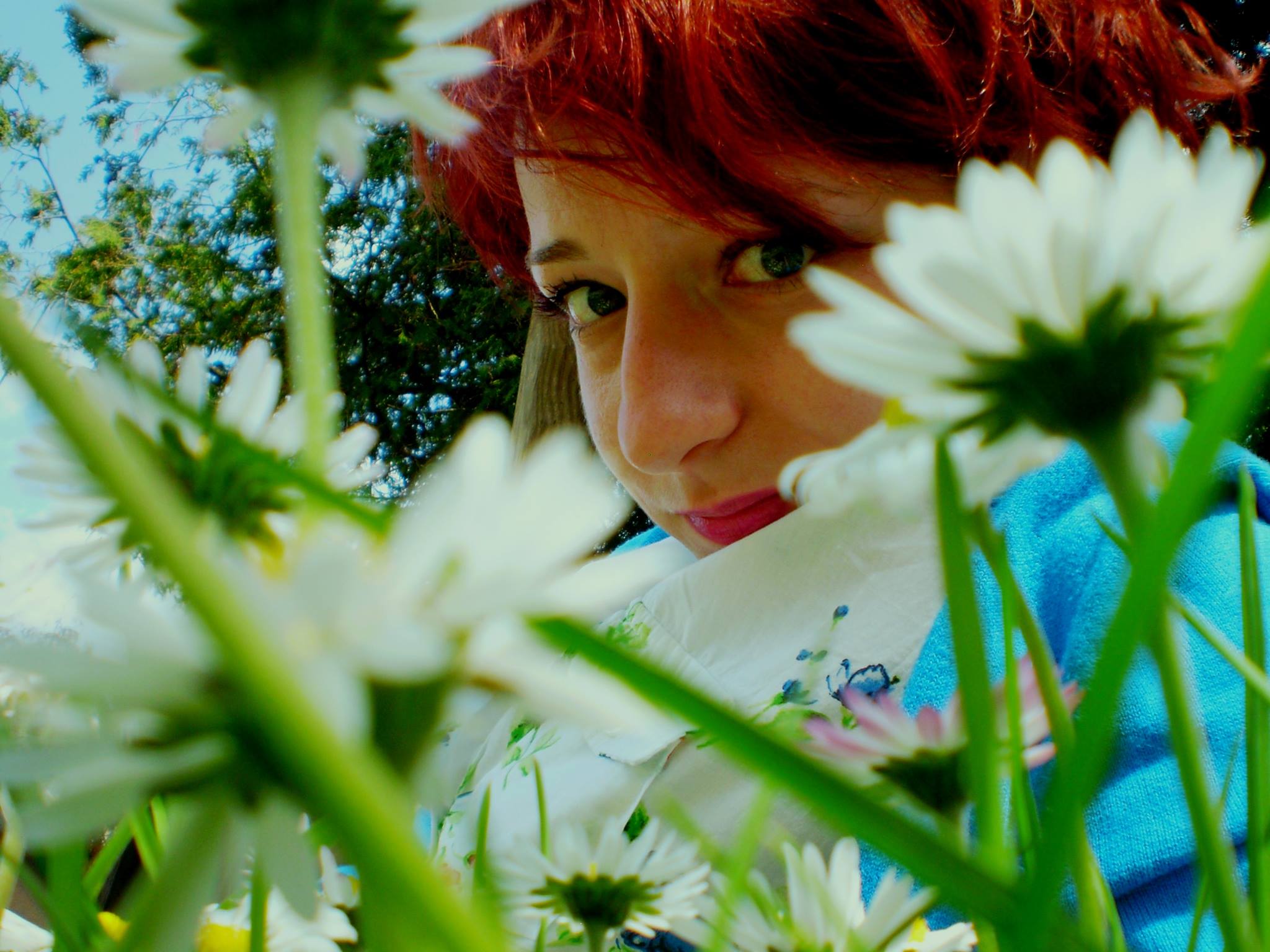
Nevena Medic was recently awarded first place in the Post-Conflict Research Center’s “Srđan Aleksić Youth Competition.” Balkan Diskurs spoke with her about her life, facing the past and a better tomorrow in Bosnia-Herzegovina.
Words such as ‘dreamer’ and ‘optimist’, or phrases such as ‘someone who believes in human solidarity and respect’, describe 26-year-old Nevena Medić. She spent the first six years of her life in Ilijaš (near Sarajevo) and after the Bosnian war grew up in Srebrenica. Today she lives in Bratunac, but her education has also led her outside of Bosnia-Herzegovina.
She completed her undergraduate studies in journalism at the University in East Sarajevo. A few months later she enrolled into a programme of Human Rights and Democracy in South-east Europe at the University of Sarajevo and Bologna. Currently, she is preparing to move abroad and study in Budapest, where she will enroll in studies of nationalism at the Central European University.
She is an active member of civil society in Srebrenica and Bratunac, while her interests range from transitional justice, social and economic rights and facing the past, to art, music and film.
Her interest in transitional justice and facing the past date back to her first arriving in Srebrenica. She remembers the 24 February 1996, when she first saw the destroyed town, dirt, scattered furniture and clothes in the street. With her family she entered an apartment that had UNICEF nylon sheets instead of windows. As a teenager she began to wonder why this was the situation and thus began her journey on her current path.
Regarding the process of facing the past, Nevena thinks that there is no misunderstanding between people on an individual level, but that there is at a collective level because of the existence of three distinct war truths. As a result, people only ever talk about others’ crimes or their own victimhood. In addition, Nevena emphasizes that the process of facing the past has never been initiated by institutions in Bosnia because there are no joint initiatives, laws or political support.
Nevena says that education is the best model for facing the past, because it requires somebody to reach a deeper and wider understanding of cause and consequences. The process of facing the past, according to Nevena, should move from the personal to the community level. The moment, she says, when we all ask ourselves honest questions and answer them, is when we can consider the process of “liberation” to have begun. Regarding the process of liberation, Nevena thinks that people are still slaves to the ideas like who started the war and who is the bigger victim. Aside from education, Nevena also lists art and creativity as ways of facing the past.
Crossing the line
The road to reconciliation, according to Nevena, requires leaving the “box,” something that takes courage. She does not speak about people discarding their identities, but instead about accepting them.
“To cross the line and see that every victim is first and foremost a man – with no nation or religion, is what we lack and what we should aspire to,” says Nevena.
With the help of the Post-conflict Research Center (PCRC), Nevena was able to overcome an environment in which stereotypical and one-sided stories were the norm. She says that the NGO has a different conception and approach to the war, which is similar to her own, so they understand each other well and have collaborated for a long time.
When talking about the general state of affairs in Bosnia, Nevena pointed out that real politics is not about belonging to one ethnic group, but instead concerns everyday life. In Bosnia, politics is unemployment, lack of a roof over people’s heads, lack of quality healthcare and education systems, and ultimately the hunger.
“The pervasive lethargy and negativity in post-war Bosnia has become a social norm. We should fight against it. Fooling ourselves that we are living in a democracy with the ability to choose makes us become accomplices in survival of political elites. The elites and interest groups’ hunger for power is what is keeping this society in scarcity and apathy,” says Nevena, adding that her biggest wish is for the society to stop being silent and become extremely unruly.
Leaving the fortress
Nevena hopes that divergent war truths will one day become one single truth and liberate people from the burden of history.

“The path towards our common truth is very hard and it scares many people. Disenfranchised, marginalized and scared citizens do not have the time or strength to think about or dream of a better tomorrow. Because what we have left is merely day-to-day existence. I hope that in the future we will empower people and give them an opportunity for real political participation. For that good social and economic policies are necessary,” says Nevena.
Her message to young people of Bosnia is to exit their fortresses and find their own ways.
“A fortress is a broad symbol. It separates people: religions, nations, countries, opinions, prejudices, all things that makes an individual and a society close towards others,” says Nevena, quoting Meša Selimović, who wanted to show people through his book “The fortress” a way out of the closed societies in which they have been living for a long time.
Nevena again references Selimović’s words, “Can we leave the fortress and fortresses, can people talk to each other in a different way then through a gun sight? My main protagonist has all conditions to be bitter and closed in himself, and yet he tries to find a way to others. For him, any way except love is unacceptable.”
Read Nevena’s winning story: “Tears falling on bread”





